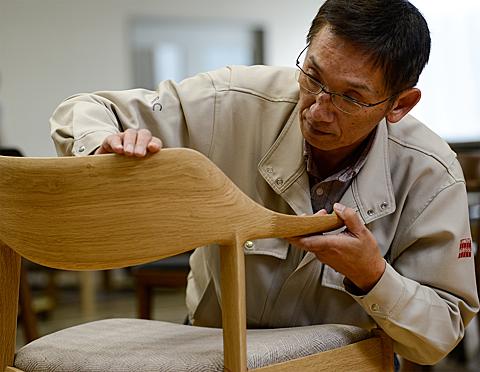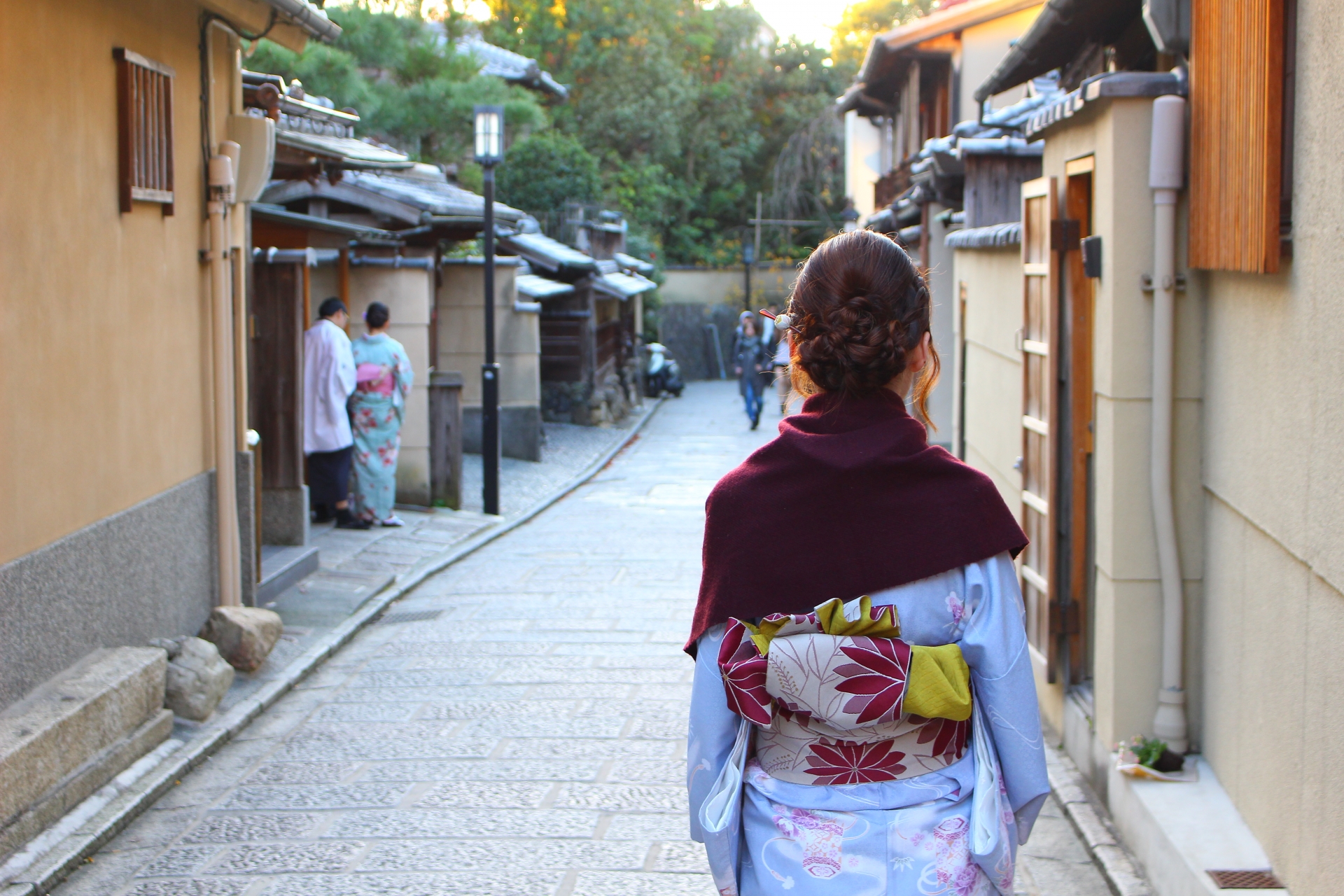Hokkaido vs. Kyoto: A cultural showdown
You might know that most Japanese people aren’t great English speakers. The bright side of this is that Japan is largely a monolingual country, meaning you can generally communicate in Japanese anywhere. But be warned, there is one major cultural exception: Kyoto.
I say this with the utmost respect, but people there are often stereotyped as being snobbish, still acting like Kyoto is the center of the universe. It’s an interesting aside that Kyoto (the ancient, conservative capital) and Hokkaido (the newest, progressive north, where I live) are constantly fighting for the top spot in Japan’s prefectural popularity rankings. Guess who wins? Hokkaido has maintained the number one spot for 15 years straight.
The stereotype about Kyoto’s “snobbish” character seems to often hold true in communication. Their language isn’t just an accent; it’s a social minefield. When visiting Kyoto, you are strictly required to understand the implication—the true, hidden meaning—of almost everything they say. This is difficult even for most Japanese people from outside the city, including those of us from the straightforward north.
A life-saving survival skill: Decoding the Kyoto “Shut up!”
Let me give you a crucial, life-saving example. Imagine your children are running around and shouting joyfully in a Kyoto restaurant. A staff member might approach you, smile gently, and say, “Your children are so cheerful.”
Do NOT smile back and reply, “Yeah, they’re so excited to be here!”
That seemingly sweet comment is actually code for: “Shut them up immediately! They are bothering the other customers.”
Here’s another famous one: If you wear a loud, cheesy shirt, a Kyoto person might smile gently and say, “You look good no matter what you wear.” The true intention is: “Aren’t you ashamed of yourself for wearing that?” It is kind of terrifying, isn’t it?
I’m not criticizing Kyoto people; quite the opposite—I truly have deep respect for their culture. The city’s long history created this profound high-context culture. According to historical theory, this strategy of concealing true intentions was an ancient wisdom for Kyoto residents to survive the repeated political struggles and violent power shifts that occurred in the center of Japan. It was, literally, a life-saving political skill.

The unspoken code: From dinner invitations to traditional craftsmanship

While the Kyoto dialect is an extreme example, it’s true that reading between the lines is required to some extent everywhere in Japan. We call this “Sasshi” (anticipating others’ needs and unspoken intentions).
For instance, “I’ll go if I can” almost always means “I will never go.” And “Let’s go for a drink sometime soon” is usually just a polite way of saying goodbye—a social buffer used to maintain harmony.
This level of implication can be difficult for people from low-context cultures. But we do this mainly out of courtesy and consideration for others (Omotenashi). The silver lining of this high-context communication is that we can convey detailed, subtle nuances more easily, often without saying them aloud.
I strongly believe this cultural trait is essential for the transmission of subtle techniques and craftsmanship—especially in traditional industries like wooden furniture making. The ability of the apprentice to anticipate the master’s subtle, unspoken intentions is often the difference between success and failure in achieving perfection.
The Iinvisible wall: When “Sasshi” becomes a weapon
In the world of traditional Japanese furniture making, “Sasshi” (anticipating unspoken needs) is a beautiful virtue. But I learned the hard way that it can also be a lethal weapon used to kill innovation.
When I brought the Hatsune Miku project into our 57-year-old company, no one shouted at me. They smiled. They were polite. But beneath that “Kyoto-style” politeness from the departments guarding our brand identity, there was a silent, violent revolt. It was a high-context “No” that almost destroyed the project—and my position in the company. How do you navigate a world where your supporters’ smiles hide a desire to see you fail?
🛑 Wait. Don’t leave this page without the roadmap.
The “Silent Code” of tradition can be your greatest ally or your silent assassin. I have prepared a private 4-page column to show you exactly how I survived the “Kyoto-style” sabotage within my own company.
In this private 4-page column, I reveal:
- The Silent Sabotage: The reality of the “Internal Revolt” I faced within the company.
- The Price of Frontier Logic: Why being a Hokkaido-born “Outsider” made me a target.
- The Survival Guide: How I turned being “Blacklisted” into a position of strength.
- The Face Behind the Words: Can you tell if my smile is a genuine “Hokkaido expression” or a polite “Kyoto-style” mask?
Privacy Note: Your email is safe with me. I only send content that matters to trailblazers.

Shungo Ijima
Global Connector | Reformed Bureaucrat | Professional Over-Thinker
After years of navigating the rigid hallways of Japan’s Ministry of Finance and surviving an MBA, he made a life-changing realization: spreadsheets are soulless, and wood has much better stories to tell.
Currently an Executive at CondeHouse, he travels the world decoding the “hidden DNA” of Japanese culture—though, in his travels, he’s becoming increasingly more skilled at decoding how to find the cheapest hotels than actual cultural mysteries.
He has a peculiar talent for finding deep philosophical meaning in things most people ignore as meaningless (and to be fair, they are often actually meaningless). He doesn’t just sell furniture; he’s on a mission to explain Japan to the world, one intellectually over-analyzed observation at a time. He writes for the curious, the skeptical, and anyone who suspects that a chair might actually be a manifesto in disguise.
Follow his journey as he bridges the gap between high-finance logic and the chaotic art of living!


Comments
List of comments (1)
[…] QC, HR, etc. Such changes are necessary, but still I believe our authenticity is shaped by craftsmanship and product quality that are essential for us to meet market […]